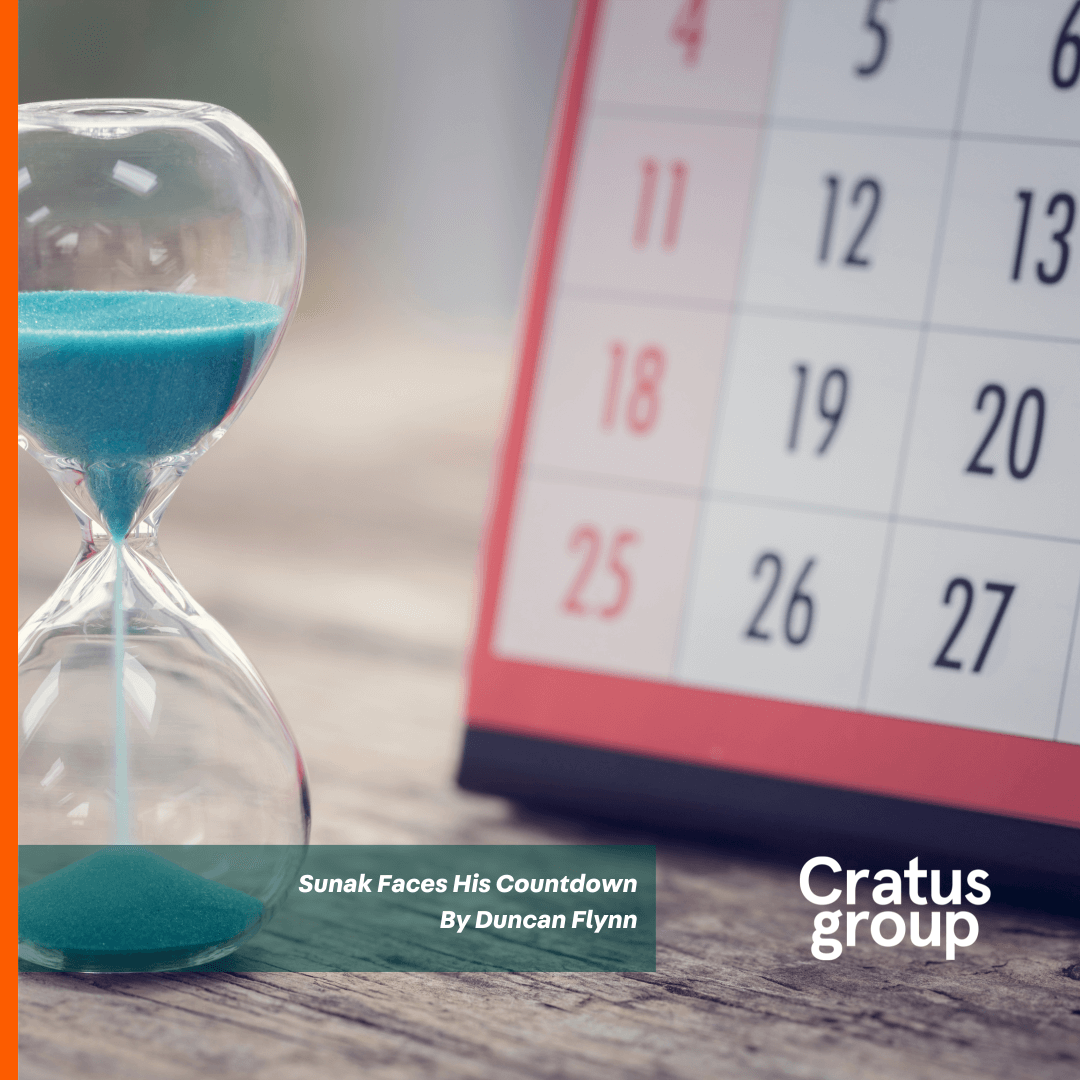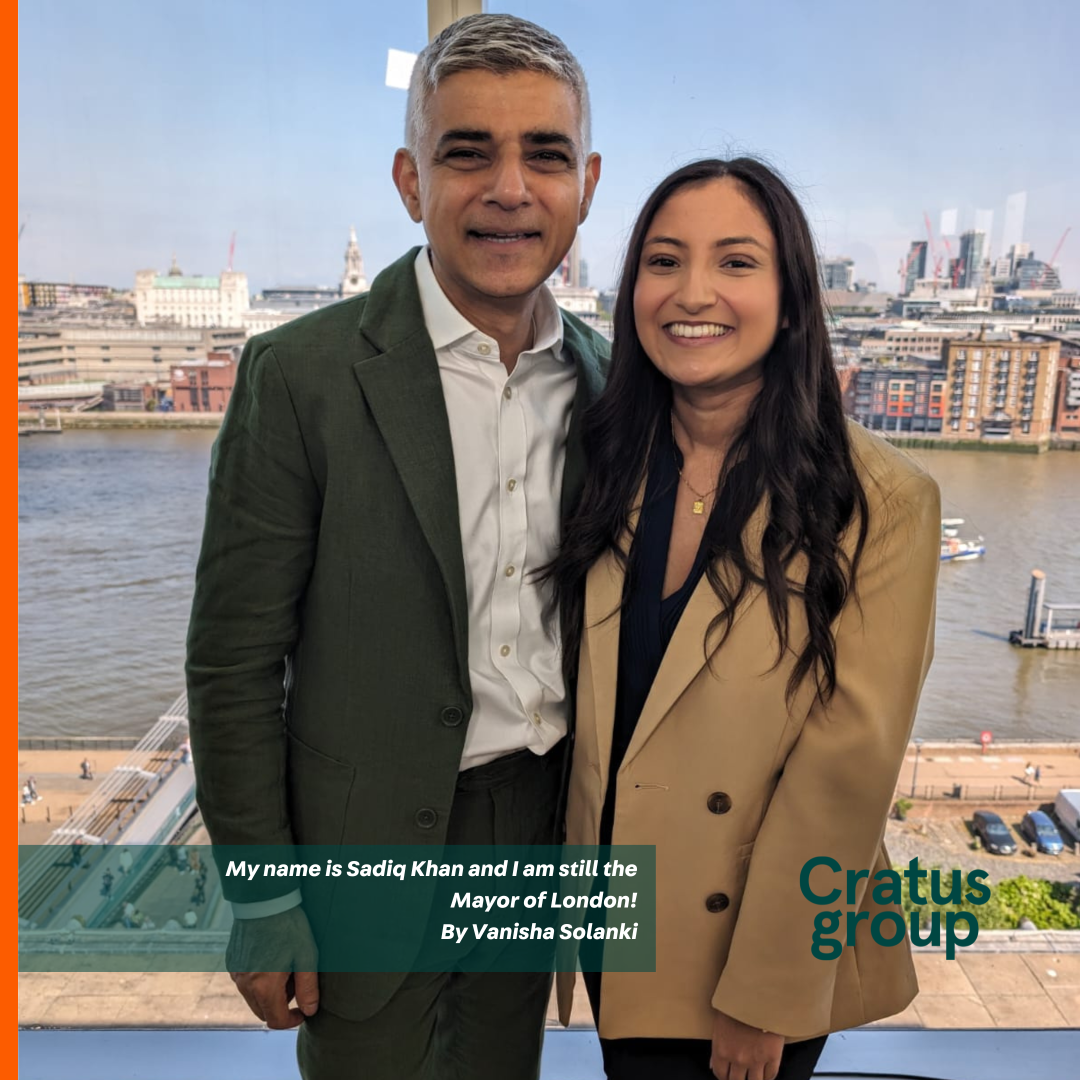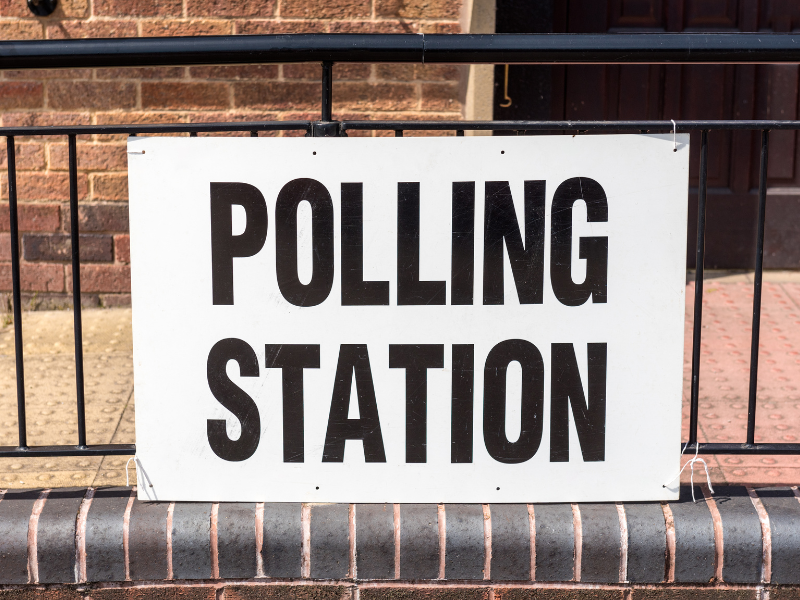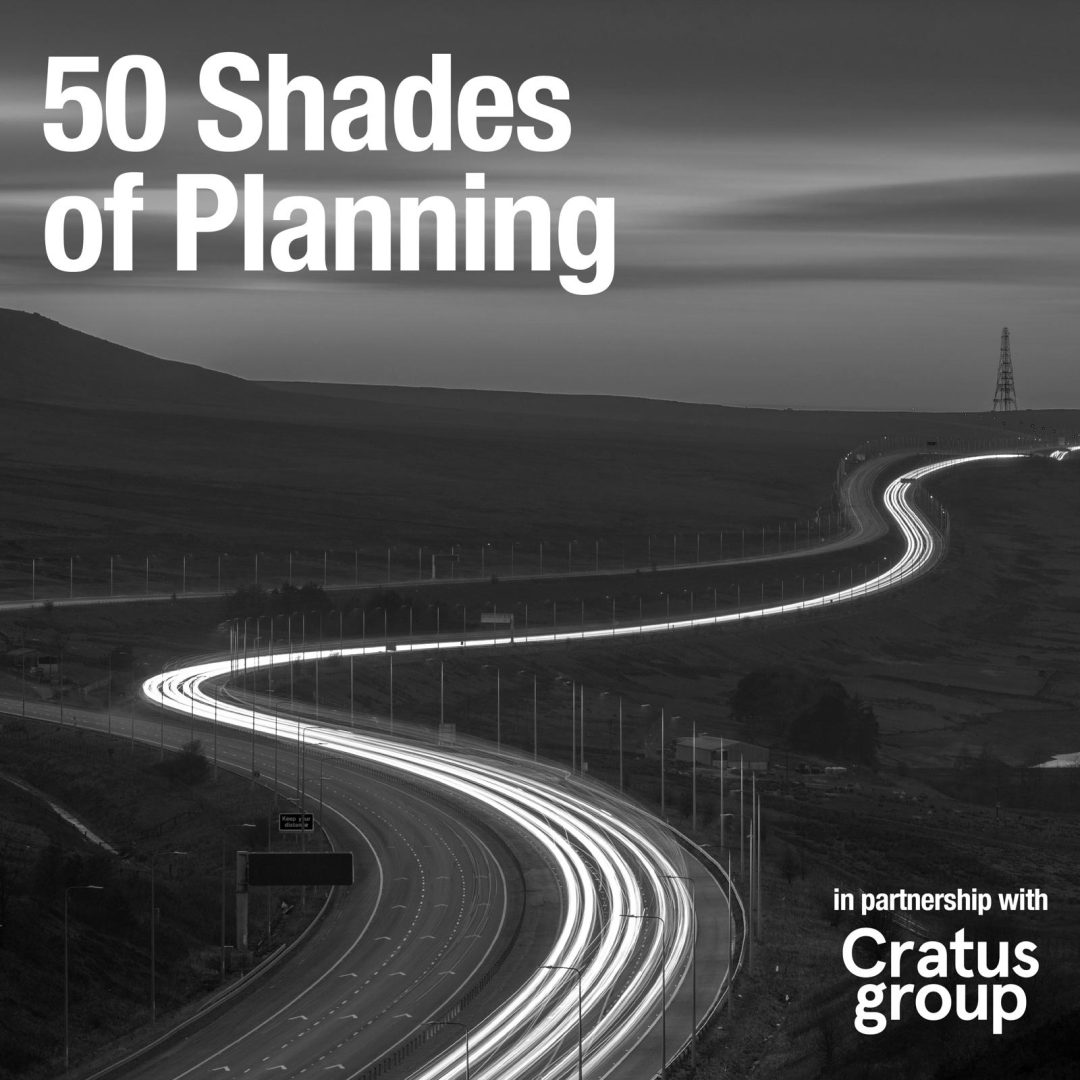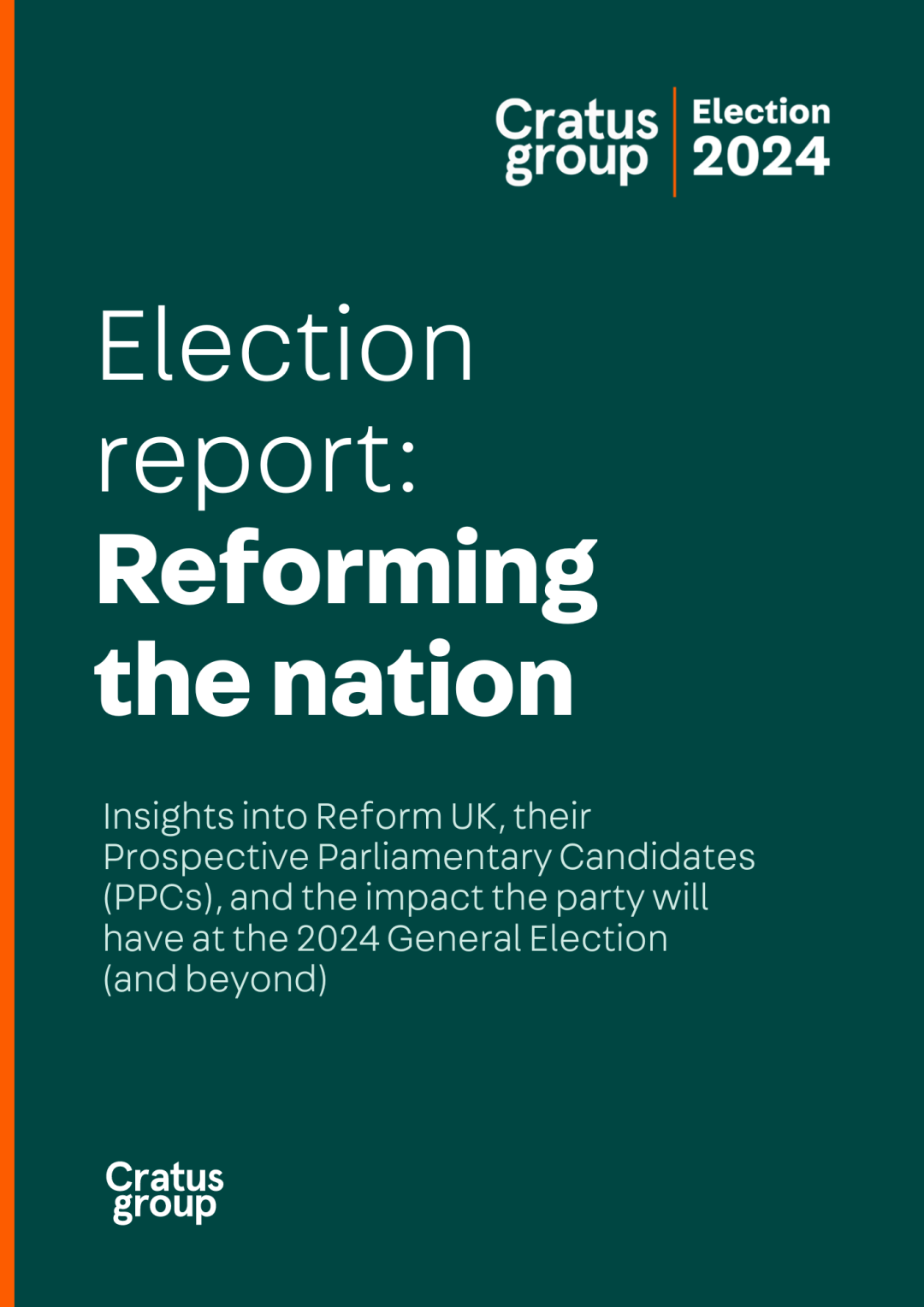Sunak faces his countdown
It’s a scenario we’ve all seen before. On the set of Channel Four’s “Countdown” an exasperated contestant with a panic-stricken face is unable to find more than a four letter word as the legendary Countdown clock ticks down to zero. This is metaphorically now the position that Rishi Sunak finds himself in after this year’s round of local elections.
For the third year running the Conservative Party had done their best to manage expectations but in the final reckoning the Party incurred a loss of 474 councillors, meaning that it has lost around 2,000 councillors over the past three years. While these numbers are easy to quantify, the loss to the Party of active footsoldiers and fundraisers will also be acutely felt at the coming General Election. From Dorset to Dudley, the Party lost two thirds of the Councils it previously controlled. As if that outcome was not bad enough for Rishi Sunak, the defenestration of Andy Street as Mayor of the West Midlands by Labour’s Richard Parker was the headline moment of this election cycle. Despite Street’s best efforts to portray himself as an independently-minded pragmatist, ultimately he was felled by the unpopularity of his Party label.
Parker’s victory was one of ten Metro Mayor victories for Labour which included several newly created Mayoralties such as Claire Ward in the East Midlands and, most humiliating for Sunak, David Skaith in North Yorkshire, which includes Sunak’s Richmond constituency. These were part of some very solid Labour results across much of the country with Labour winning control of Councils in the sort of places that it will need to win at the General Election to obtain a majority such as Hyndburn, Milton Keynes and Nuneaton. The one area of concern for Labour was the Party falling back in areas with a high Muslim population which was likely due to the Party’s position around the ongoing war in Gaza. Depending on how geopolitical events play out between now and the General Election, there remains the possibility for these events to reduce the Labour vote in certain urban constituencies at the General Election albeit most of these seats are presently almost monolithically strong for Labour.
The Liberal Democrats defied somewhat underwhelming national opinion poll ratings to gain over a hundred seats and to win more seats than the Conservatives in this electoral cycle. Ed Davey’s Party continues to demonstrate that it remains the dominant force in local government across much of the South of England, winning control of the Dorset unitary authority and the erstwhile Conservative bastion of Tunbridge Wells. In the few areas where Labour and the Liberal Democrats did not sweep all before them, the Greens and Independents were frequently able to capitalise on anti-Conservative sentiment and both maintained their steady progress in growing their local government base.
However, the overriding headline of the 2024 local elections was one of further Conservative decline. With only eight months left before a General Election has to take place, the clock is ticking very loudly for Rishi Sunak and he’s struggling to find the words needed to connect with a sceptical electorate.
